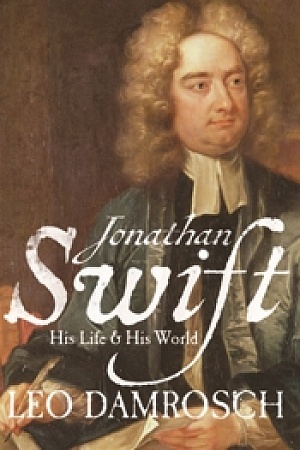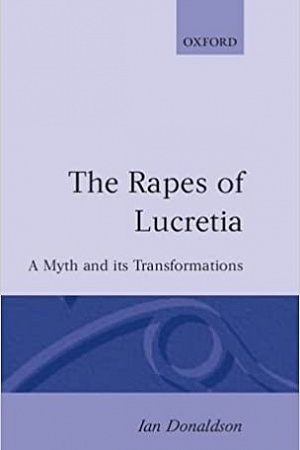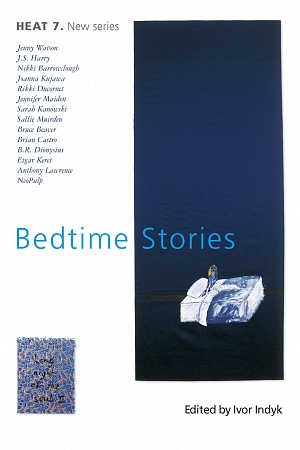J.M. Coetzee: Truth, meaning, fiction
Bloomsbury Academic, $44.99 pb, 243 pp
A Book of Friends: In honour of J.M. Coetzee on his 80th birthday
Text Publishing, $32.99 pb, 238 pp
J.M. Coetzee by Anthony Uhlmann & A Book of Friends edited by Dorothy Driver
Though it is his second country of citizenship, Australia might be classified as J.M. Coetzee’s fourth country of residence. He was born in South Africa and served as an academic at the University of Cape Town from 1972 to 2000; he lived in England between 1962 and 1965, where he studied for an MA thesis on Ford Madox Ford and worked as a computer programmer; and he then spent seven years in the United States, taking his doctorate at the University of Texas and being subsequently appointed a professor at the State University of New York. Since his move from Cape Town to Adelaide in 2002, Coetzee’s global literary reputation has risen significantly, helped in large part by the award of the Nobel Prize in Literature in 2003.
In South Africa, Coetzee was a highly esteemed but controversial figure, with fellow South African Nobel laureate Nadine Gordimer famously indicting him for deploying opaque styles of ‘transcendence’ and ‘allegory’ in his novels to avoid a clearer narrative depiction of the ‘daily, grubby, tragic consequences’ of apartheid. Coetzee himself has always preferred in his fiction to address political questions indirectly, so Gordimer’s critical appraisal was never quite fair, but his migration to the more tranquil pastures of South Australia did facilitate the framing of his creative work within a less overtly racialised milieu. This has led to the major late novels of his Australian period, from Slow Man in 2005 to the recent ‘Jesus’ trilogy, whose landscapes reflect a world both routine and strangely defamiliarised, reminiscent in their combination of banal modernity and luminous enigma of another one-time Adelaide artist, Jeffrey Smart.
Continue reading for only $10 per month. Subscribe and gain full access to Australian Book Review. Already a subscriber? Sign in. If you need assistance, feel free to contact us.
















Leave a comment
If you are an ABR subscriber, you will need to sign in to post a comment.
If you have forgotten your sign in details, or if you receive an error message when trying to submit your comment, please email your comment (and the name of the article to which it relates) to ABR Comments. We will review your comment and, subject to approval, we will post it under your name.
Please note that all comments must be approved by ABR and comply with our Terms & Conditions.